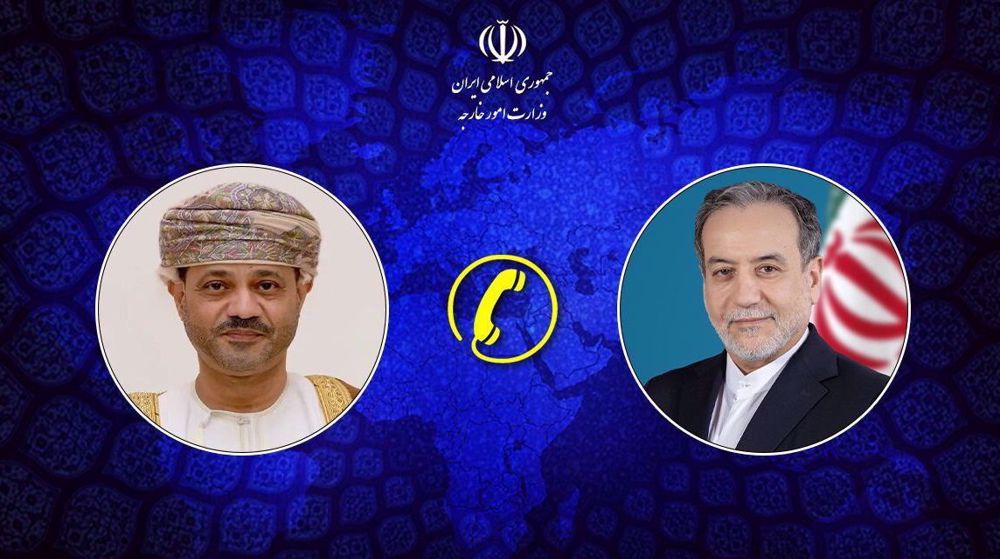Jordan’s king approves ‘draconian’ cybercrime bill despite widespread opposition
Jordan’s US-backed monarch has approved a cybercrime bill that will restrain online speech deemed by Amman harmful to national unity, with opposition lawmakers and human rights groups raising the alarm about crackdown on the right to freedom of expression.
King Abdullah II gave his approval on Saturday and the bill is scheduled to come into force one month after it is published in the state-run newspaper Al Ra'i on Sunday.
The legislation was passed by Jordan’s lower house of parliament last month and ratified by the Senate this week.
The bill will make certain online posts punishable with prison time and fines.
Posts that could be targeted include those seen as “promoting, instigating, aiding, or inciting immorality”, demonstrating “contempt for religion”, or “undermining national unity.”
The legislation will also target individuals and entities that publish names or pictures of police officers online and bars certain methods of maintaining online anonymity.
Before the parliament’s vote on Thursday, 14 rights groups, including Human Rights Watch, censured in a joint statement the law as “draconian.”
“Vague provisions open the door for Jordan’s executive branch to punish individuals for exercising their right to freedom of expression, forcing the judges to convict citizens in most cases,” the statement said.
Some Jordanian lawmakers and critics of the legislation said it would expand state control over social media, limit free access to information and penalize anti-government speech and thereby could be used against political opponents.
“This law is disastrous and will lead to turning Jordan into a large prison,” opposition lawmaker Saleh al-Armoiti said after the vote.
The measure is the latest in a number of crackdowns on online speech in the kingdom, including social media blackouts. In December, Amman blocked TikTok after users shared live videos of worker protests.
VIDEO | Italian farmers launch protest campaign against EU-Mercosur free trade deal
VIDEO | Trump’s Gaza ‘Board of Peace’ invitation sparks criticism in Pakistan
VIDEO | Iran, Iraq vow to deepen ties, hail US exit
Araghchi slams World Economic Forum for canceling his invitation
Iran condemns Argentina’s unfounded accusations against IRGC
VIDEO | Fighting British state
Pezeshkian calls recent riots in Iran part of ‘failed’ US-Israeli war
VIDEO | Iran unity nullifies sedition










 This makes it easy to access the Press TV website
This makes it easy to access the Press TV website